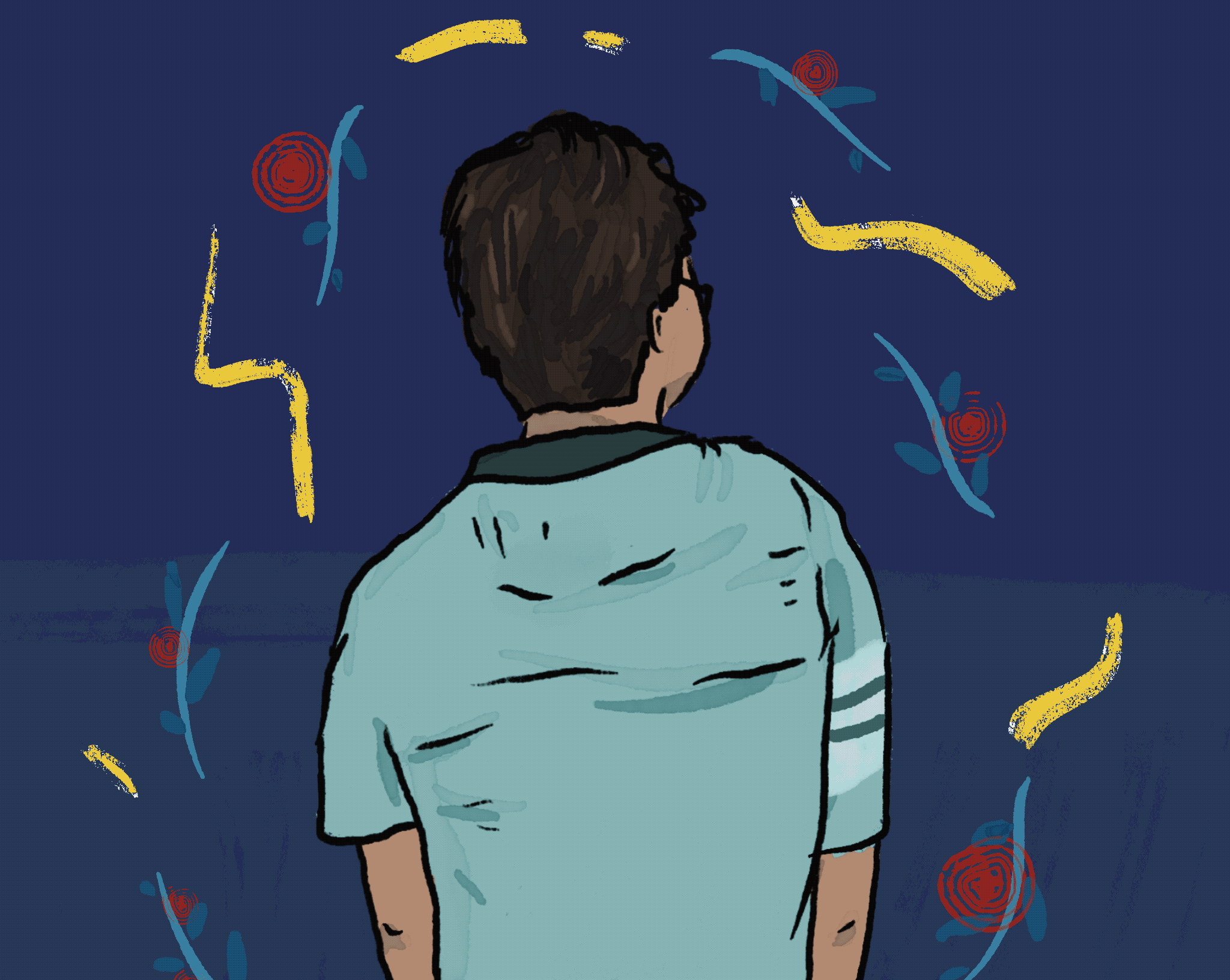“Men need to talk about their feelings”
(COX’S BAZAR, October 29, 2020)–The Rohingya genocide in Myanmar has wreaked havoc on Rohingya mental health, according to “Jasim Arkani,” a 32-year-old Rohingya refugee and aid worker in Bangladesh.
In 2016 and 2017, Rohingya fled genocidal attacks by the Myanmar military, forcing more than 800,000 to Bangladesh. Many Rohingya lost family and friends, witnessed extreme violence, and were burned out of their homes in Myanmar’s Rakhine State. Now in Bangladesh, Rohingya refugees eke out a living in congested camps, facing daily stressors and lacking critical mental health support.
“Here in the camps, people are facing a lot of mental health problems,” said “Jasim Arkani”–not his real name. “When we cannot share those feelings, it affects our well-being, mental health, and emotions.”
In 2018, Jasim Arkani joined a team of Rohingya researchers working with Fortify Rights to document mental harm. His work, which reveals staggering levels of post-traumatic stress and depression as well as other aspects of Rohingya mental health, will be featured in a forthcoming report by Fortify Rights.
Jasim Arkani was born and raised in Maungdaw Township in Rakhine State, Myanmar where he worked for a humanitarian organization providing mental-health support to Rohingya men and women experiencing persecution and ongoing restrictions in Myanmar. Jasim explained that he believed refugees have communal trauma from the violence they suffered in Myanmar:
“When we were in Myanmar, we faced a lot of problems, and we do not get an opportunity to share this with anyone. We have to keep everything in our minds. At the same time, the Myanmar government committed violence against all of us. People have witnessed violence and the loss of family members . . . These conditions change people and their behavior.”
Jasim continues to provide mental-health support to Rohingya refugees and encourages other Rohingya, particularly men, to share their feelings: “I advise [Rohingya men] about some coping mechanisms, and we try to find a solution together. I tell people to talk with family members.”
Jasim highlights the importance of wellness and emotional expression, saying: “Sometimes, I stay in my room and cry or meet my mother and share with her how I am feeling. I love my mother, and I trust her. She is like a friend to me.”
Limited mental health services exist in the refugee camps in Bangladesh, compounding challenges for men who are often reluctant to seek help and find it difficult to share their feelings.
“There are many ‘women-friendly spaces’ but there are no ‘men friendly spaces’. Although there are some ‘age-friendly spaces’ where elderly men can go, young men are still struggling,” said Jasim. “Men also need to talk about their feelings, but there are no places to share.”
“I hope people get more support and are encouraged to share their feelings,” he said. “For the moment, men are not expressing their feelings. People should go to counseling to get support.”
